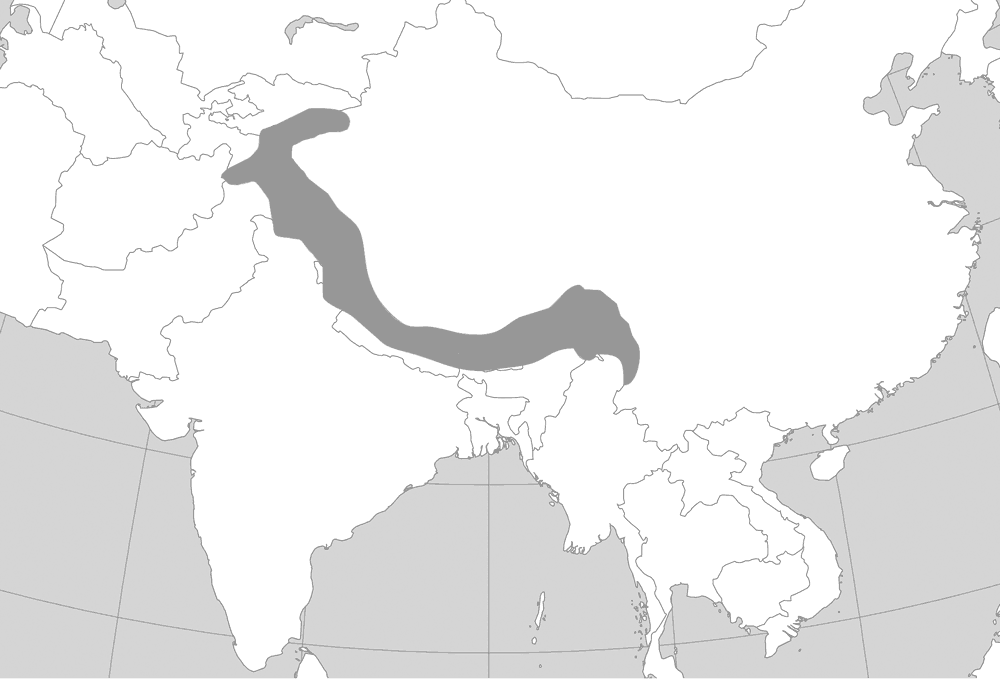Remoteness & Connectivity: Highland Asia in the World was a five-year research project (2015-2020) funded by the European Research Council. It was carried out by a team of researchers based at the Department of Social and Cultural Anthropology, Ludwig Maximilian University of Munich, Germany.
Our terrain of inquiry were the highland areas between the Pamirian Knot and the eastern slopes of the Himalayas; our overarching aim was to gain a better comparative understanding of these areas and their significance in the world.

These areas are of global concern. What happens in the highlands of Afghanistan and Tajikistan, Kashmir, Tibet, Myanmar, or Northeast India has a worldwide impact. Rich in natural resources and crisscrossed by the borders of rising Asian powers, a multitude of stakes and analytic positions are attached to these frontiers; they are alternatively seen as realms of authentic culture, as rural peripheries in need of development, and as trafficking routes and sanctuaries for insurgents. Public imaginaries oscillate between such simplistic assessments and local communities continue to feel misunderstood.
International development organisations, NGOs, state officials and tourist agencies often tend to take remoteness as an analytic starting point: communities in the rugged highlands of Asia are seen as backward, authentic, or unruly because – for better or worse – they are isolated and far away from developed, urban centres and state control. However, state-of-the-art research on circulation and mobility shows that connectivity with the outside world is an essential feature of livelihood strategies in remote areas. They frequently find themselves at old crossroads of intensive exchange of natural resources, labour, capital and manufactured goods. Highland Asian livelihoods are shaped as much by connectivity as by remoteness.
Setting out from this observation, we argue that remoteness and connectivity constitute each other in particular ways. Our objective is to analyse the nexus of remoteness and connectivity and thereby lay the groundwork for a new apprehension of the role and position of remote frontiers in general.
Here is a recording of a project presentation held in Munich on 2 November 2015;
Contact:
Highland Asia Research Group
LMU, Social and Cultural Anthropology, Oettingenstr. 67
80538 Munich, Germany
martin.saxer@lmu.de | +49 89 2180 9639
